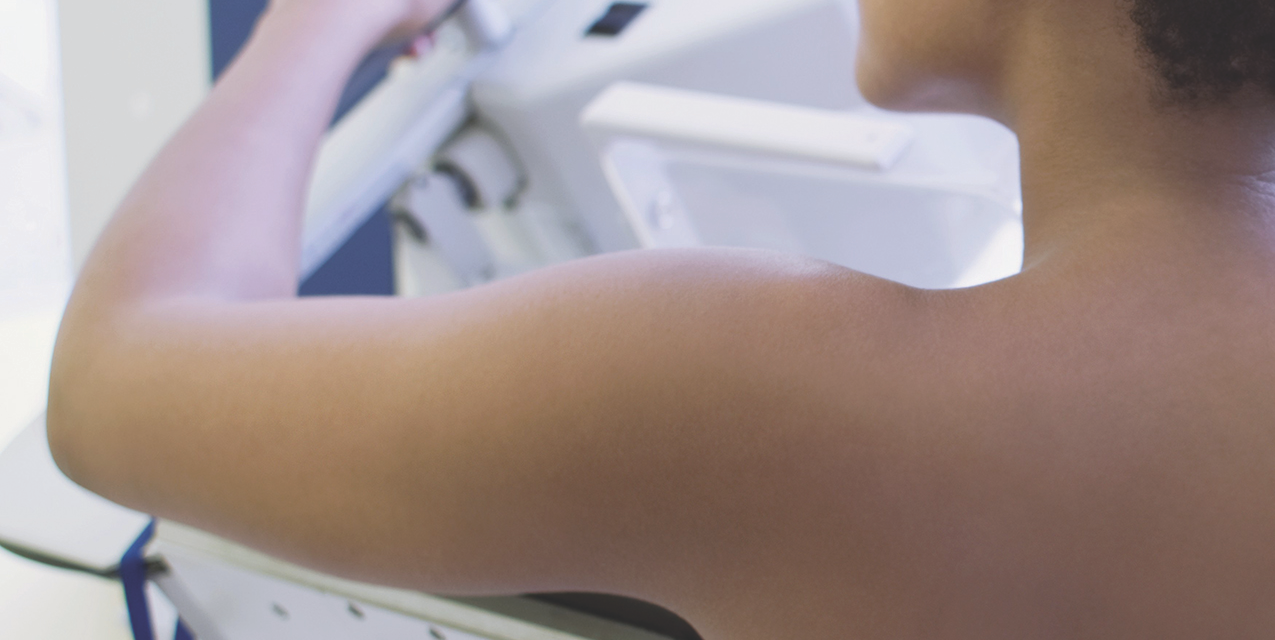By Scott Rudzinski, M.D.
Various factors, including lifestyle, affect a woman’s breast cancer risk. A sedentary lifestyle can increase breast cancer risk as can consuming an unhealthy diet, which increases a woman’s risk for overweight or obesity, which increases the risk for breast cancer.
While healthy lifestyle choices may help reduce a woman’s risk for one of the world’s most commonly diagnosed cancers, other variables beyond their control, including breast density, may increase breast cancer risk. Here are some answers to commonly asked questions regarding breast density.
What is breast density? Breast density measures the amount of fatty, glandular, and fibrous tissue in the breast.
Can I tell if I have dense breasts? Breast density can only be determined on mammography by a radiologist, and cannot be accurately differentiated during a physical exam.
What is the significance of breast density? Dense breast tissue is very common and not abnormal, but it is harder to identify on a mammogram, thereby increasing the risk for breast cancer.
What can I do if I have dense breasts? Women who know they have dense breasts are often advised to undergo both a mammogram and breast screening ultrasound annually. Most insurances cover 100% of both screenings for women diagnosed as having dense breasts. Please discuss options with your physician.
It is important for women to know the density of their breast tissue and other risk factors they may have. Patients and their clinicians can then make informed decisions regarding any additional screening, such as ultrasound or MRI, would be beneficial.
Scott Rudzinski, M.D. is Director of Women’s Imaging at Windsong Radiology. Learn more at https://windsongwny.com/breast-care/providers. Schedule a mammogram and screening breast ultrasound for the same visit at https://windsongwny.com/request-an-appointment, or call 716-631-2500.












